PFAS Regulation Bills Proliferating Across the Country
- AB 652: Would prohibit the use of PFAS in children’s products (12 and under) sold in the state, including sleeping products, but not specifically mattresses.
- SB 926: Would prohibit the use of PFAS in packaging and require manufacturers to certify compliance upon request from the state.
- H 939: Would require manufacturers in Massachusetts to report to the state how they use PFAS and would later prohibit the use of PFAS in children’s products sold in the state.
- HD 2994: Would prohibit the sale in the state of fabric treatments and a number of products including upholstered furniture that include PFAS.
- LD 960: Would require manufacturers to report to the state which products contain intentionally added PFAS and how much, and to receive from the state a certificate of compliance.
- LD 1503: Would require manufacturers of products with intentionally added PFAS to report the presence of those substances in the products to the state, prohibit the sale of residential carpets or rugs and fabric treatments that contain intentionally added PFAS and authorize the state to identify other products from which PFAS may be banned in the future. Effective in 2030, products containing intentionally added PFAS could not be sold unless the state specifically concludes that the use of PFAS in that product is currently unavoidable.
- HB 444: Would make the manufacturer of a product found to have contributed to PFAS contamination of drinking water supplies liable to pay for a permanent drinking water replacement system and to subsidize the cost of that water supply.
- HB 501/SB 638: Companion bills that would prohibit the manufacture and use of PFAS in any products, except for those explicitly allowed under federal law.
- AB 97: Would set requirements for companies that store and use PFAS in the state
Questions about any of these bills? You can contact Marie Clarke at [email protected].


